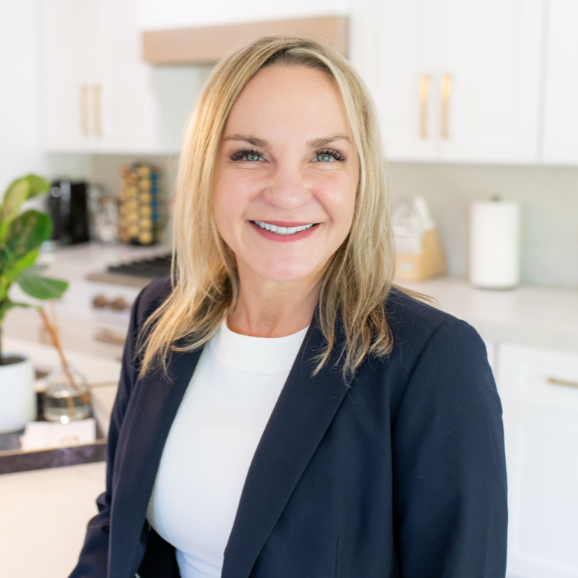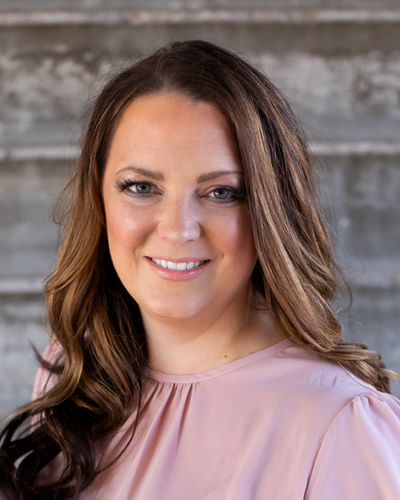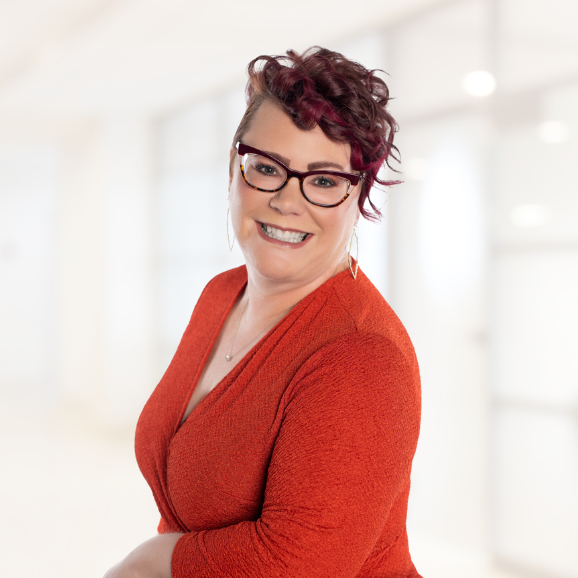Divorce feels as though everything you thought you knew about your life and your future is suddenly flipped upside down. It can be a struggle to make sense of the pieces that remain. In an effort to retain some semblance of normalcy, it’s common to want to stay in the house that you are used to, especially if there are young children involved. While it is tempting to cling to the stability of staying in the family home, be aware that it may also be a very costly mistake.
First and foremost, a house is somewhere to live. It does NOT provide any income to support your lifestyle. If you and your spouse lived there for a long period of time, it’s highly likely that there is a fairly large chunk of equity trapped in those walls. If you are awarded the home in the divorce, it could be the largest asset in the settlement. Let’s assume the home has a market value of $400,000 and there is $300,000 in equity. As marital property, half of that equity is yours, but the other half is your spouse’s. So if you keep that home, then a full $300,000 of your settlement will be tied up in that property. That same money could generate over $13,000 a year in income if it were invested conservatively. Not to mention the costs of upkeep and maintenance that will increase the income necessary for you to make ends meet.
But wait! There’s more. The potential tax impacts down the road could be staggering. If you were to sell the house while you are still married, the $300k capital gain would fall under the marriage exclusion of up to 500k and be tax-free. Once you transfer that home into your own name, if you sell it now with a gain of $300k, the personal exemption is only $250k so you will owe capital gains tax on 100k of gain or $15,000. Did your attorney remember to take that into consideration in your settlement discussions? Yet one more reason I advocate for a mediated divorce with a financial neutral to help.
Divorce is difficult but you also have an opportunity for a fresh start and getting off on the right financial footing is essential to your future. To be certain that you understand all of the ramifications of any property settlement you are considering, bring a Certified Divorce Financial Analyst (CDFA to shine the light onto some of these issues. You only have one chance to get your settlement right. Take the time to gather information and make sure you are doing the right thing. It will be the best decision you ever made.















